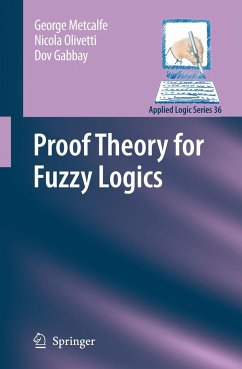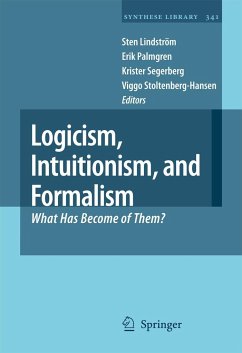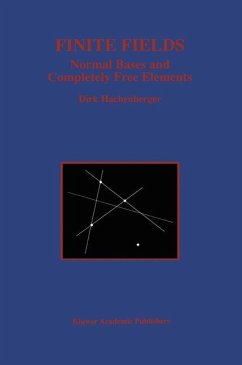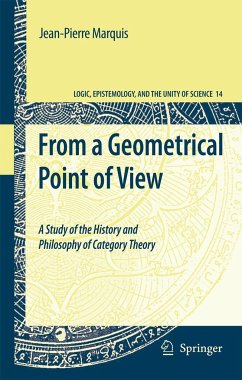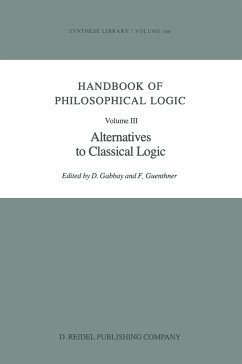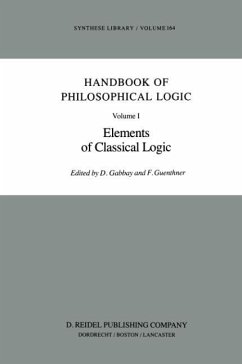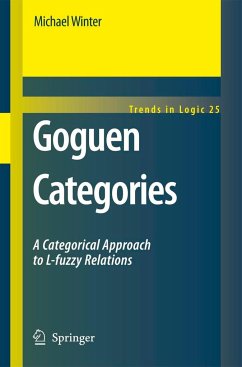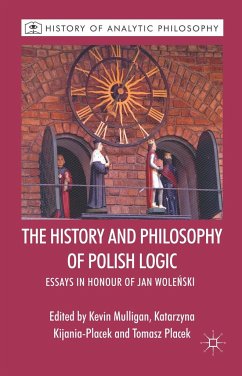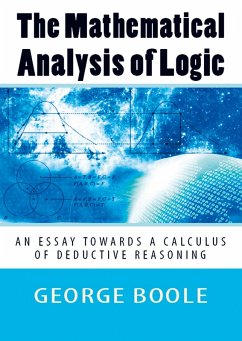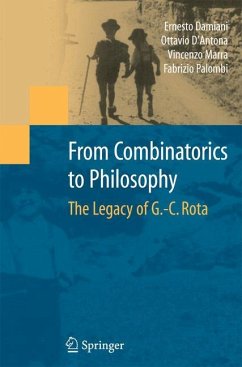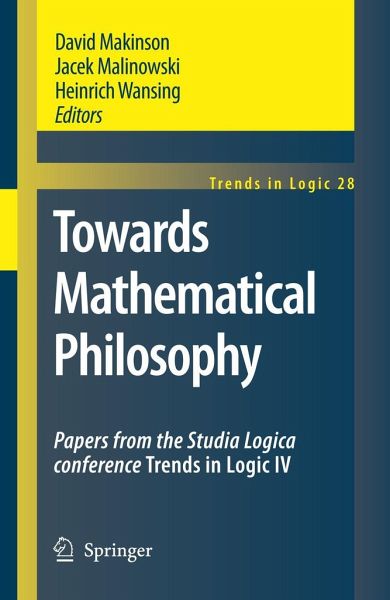
Towards Mathematical Philosophy
Papers from the Studia Logica Conference Trends in Logic IV
Herausgegeben: Makinson, David; Malinowski, Jacek; Wansing, Heinrich
Versandkostenfrei!
Versandfertig in 6-10 Tagen
113,99 €
inkl. MwSt.

PAYBACK Punkte
57 °P sammeln!
area and in applications to linguistics, formal epistemology, and the study of norms. The second contains papers on non-classical and many-valued logics, with an eye on applications in computer science and through it to engineering. The third concerns the logic of belief management,whichis likewise closely connected with recent work in computer science but also links directly with epistemology, the philosophy of science, the study of legal and other normative systems, and cognitive science. The grouping is of course rough, for there are contributions to the volume that lie astride a boundary; ...
area and in applications to linguistics, formal epistemology, and the study of norms. The second contains papers on non-classical and many-valued logics, with an eye on applications in computer science and through it to engineering. The third concerns the logic of belief management,whichis likewise closely connected with recent work in computer science but also links directly with epistemology, the philosophy of science, the study of legal and other normative systems, and cognitive science. The grouping is of course rough, for there are contributions to the volume that lie astride a boundary; at least one of them is relevant, from a very abstract perspective, to all three areas. We say a few words about each of the individual chapters, to relate them to each other and the general outlook of the volume. Modal Logics The ?rst bundle of papers in this volume contains contribution to modal logic. Three of them examine general problems that arise for all kinds of modal logics. The ?rst paper is essentially semantical in its approach, the second proof-theoretic, the third semantical again: - Commutativity of quanti?ers in varying-domain Kripke models,by R. Goldblatt and I. Hodkinson, investigates the possibility of com- tation (i.e. reversing the order) for quanti?ers in ?rst-order modal logics interpreted over relational models with varying domains. The authors study a possible-worlds style structural model theory that does not v- idate commutation, but satis?es all the axioms originally presented by Kripke for his familiar semantics for ?rst-order modal logic.





